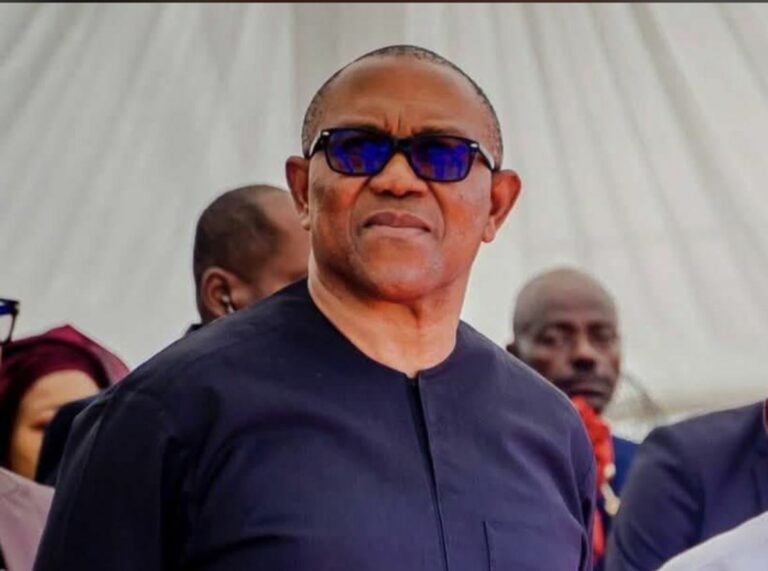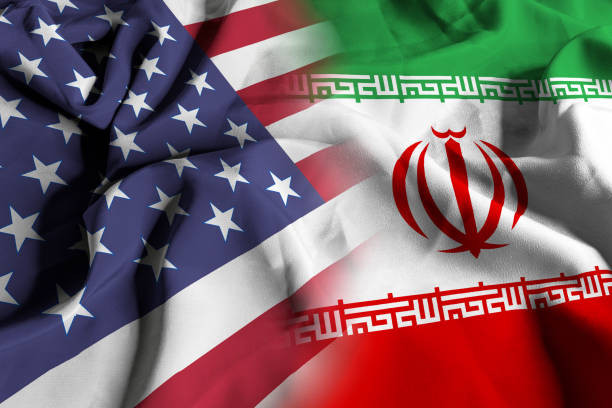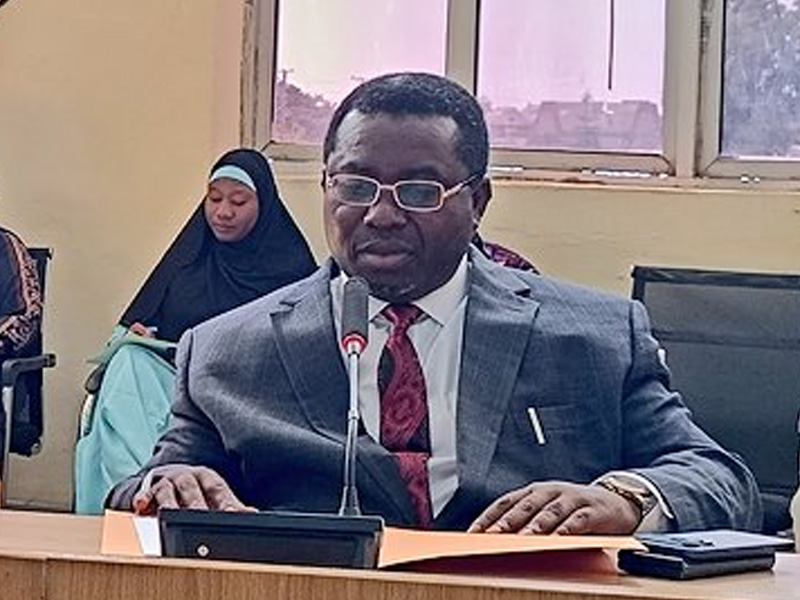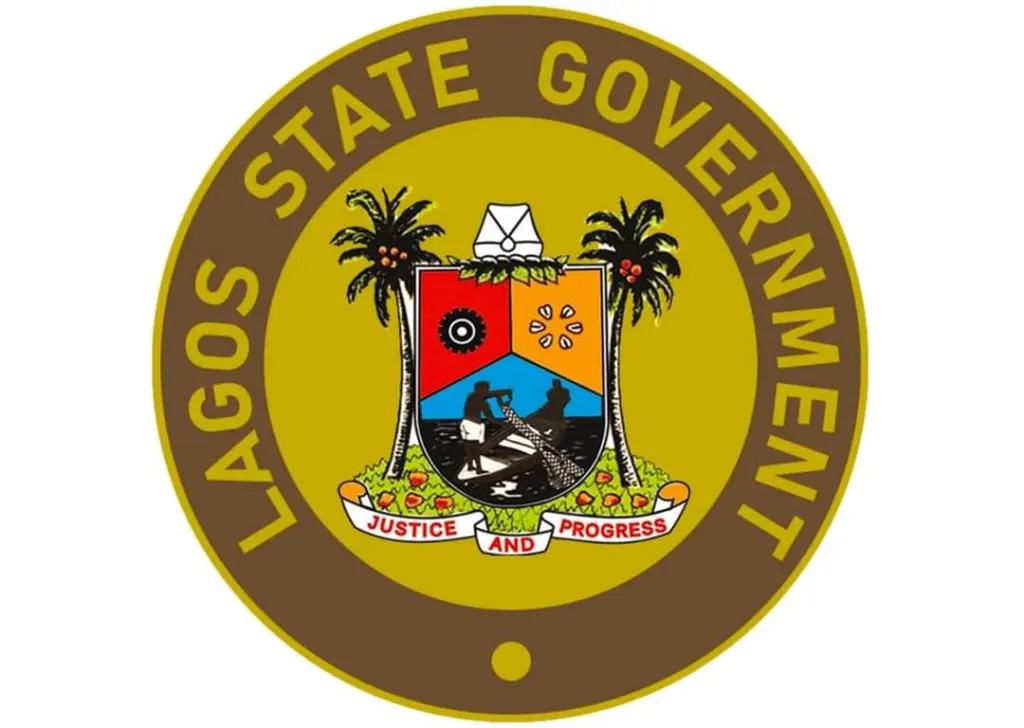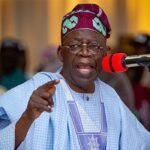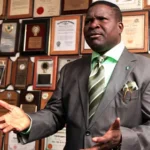Sultan Calls for Social Media Regulation to Curb Misuse, Promote Unity

The Sultan of Sokoto, Alhaji Sa’ad Abubakar III, has urged the Nigerian government to introduce regulations to check the misuse of social media platforms, citing their growing role in spreading misinformation and fostering disunity across the country.
Speaking through the Emir of Zazzau, Ambassador Ahmad Nuhu Bamalli, at the Northern Ulamah Summit on insecurity and socioeconomic challenges in Kaduna, the Sultan lamented the rising trend of online abuse, particularly among religious scholars and youths. The summit was organised by the Congregation of Northern Ulamas and attended by prominent clerics, political leaders, and community stakeholders from across the North.
The Sultan expressed concern that the lack of accountability on social media allows people to insult others—leaders, elders, or even relatives—without consequence. “Today, anyone can pick up a phone and insult whoever they wish—be it a respected individual, a leader, or even a family member. There are no laws or consequences for such behaviour,” he said.
He noted that in other countries, social media activities are monitored and regulated, ensuring that individuals who incite unrest or spread falsehoods are held accountable.
“This is how it should be in our country,” he added.
The monarch commended Islamic scholars for coming together to address the nation’s challenges but emphasized that online recklessness undermines the peace and moral values they preach.
President of the Supreme Council for Sharia in Nigeria, Dr. Bashir Aliyu Umar, said the summit’s purpose was to strengthen unity among the Ummah and find practical solutions to insecurity and other regional problems.
“We must rise above our differences. This summit is about unity and peace. The Qur’an and Sunnah guide us to collaborate in achieving justice and good relations,” he stated.
Dr. Umar also warned that misinformation and irresponsible use of social media are fueling division and insecurity in the region. He called on Nigerians to use digital platforms responsibly and support efforts to address the root causes of conflict.
Prominent Islamic scholar, Sheikh Ahmad Gumi, also weighed in, noting that while social media has created space for engagement, it has also become a breeding ground for hostility.
“Many clashes start on social media. But one must not cross the line by defaming others,” he cautioned.
Gumi, however, rejected total censorship, advocating instead for the enforcement and modernization of existing defamation and cybercrime laws to meet the realities of today’s digital environment.
Other notable Islamic leaders at the summit included Sheikh Ibrahim Khalid, Sheikh Abubakar Jahid, Sheikh Abdullahi Bala Lau, Sheikh Kabiru Gombe, Sheikh Khalid Aliyu of JNI, Dr. Bashir Dahiru Bauchi, Malam Nafiu Baba Ahmed, and Sheikh Maihula.
Former Zamfara State Governor, Senator Abdulaziz Yari, urged communities to take more responsibility in addressing insecurity, saying that many of those involved in violent acts come from within the affected areas.
Representing the Speaker of the House of Representatives, Hon. Alhassan Ado-Doguwa pledged that the legislature would work with the recommendations of the summit to promote peace and improve governance.
“We in the National Assembly are ready to support and act on the outcomes of this gathering,” he said.
Senator Kawu Samaila from Kano also addressed international reports alleging religious persecution in Nigeria, dismissing them as false.
“Claims of genocide against Christians in Nigeria are untrue. Even Christian lawmakers in the Senate have confirmed that Muslims and Christians coexist peacefully in this country,” he said.
He urged clerics to verify information before making public comments about political leaders, emphasizing that responsible communication is key to maintaining national harmony.
The summit concluded with a call for collective action by religious leaders, policymakers, and citizens to promote tolerance, responsible use of social media, and sustained efforts toward peace and development in northern Nigeria.


